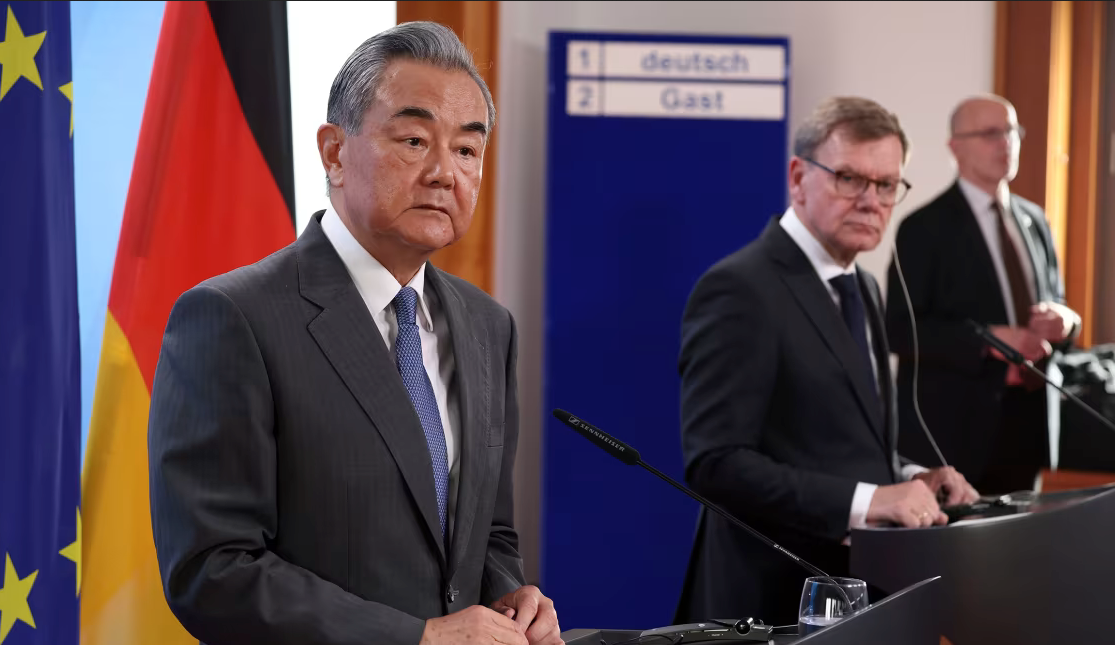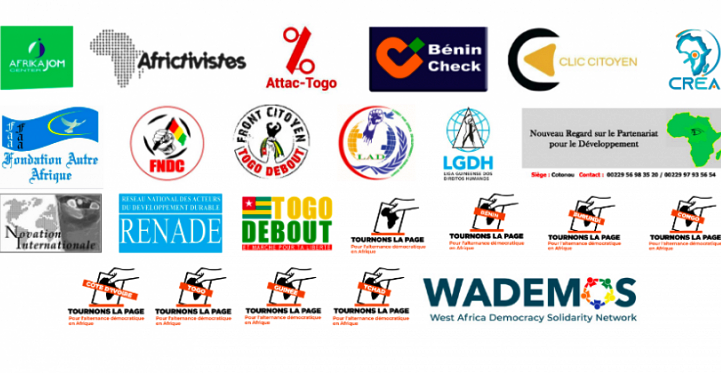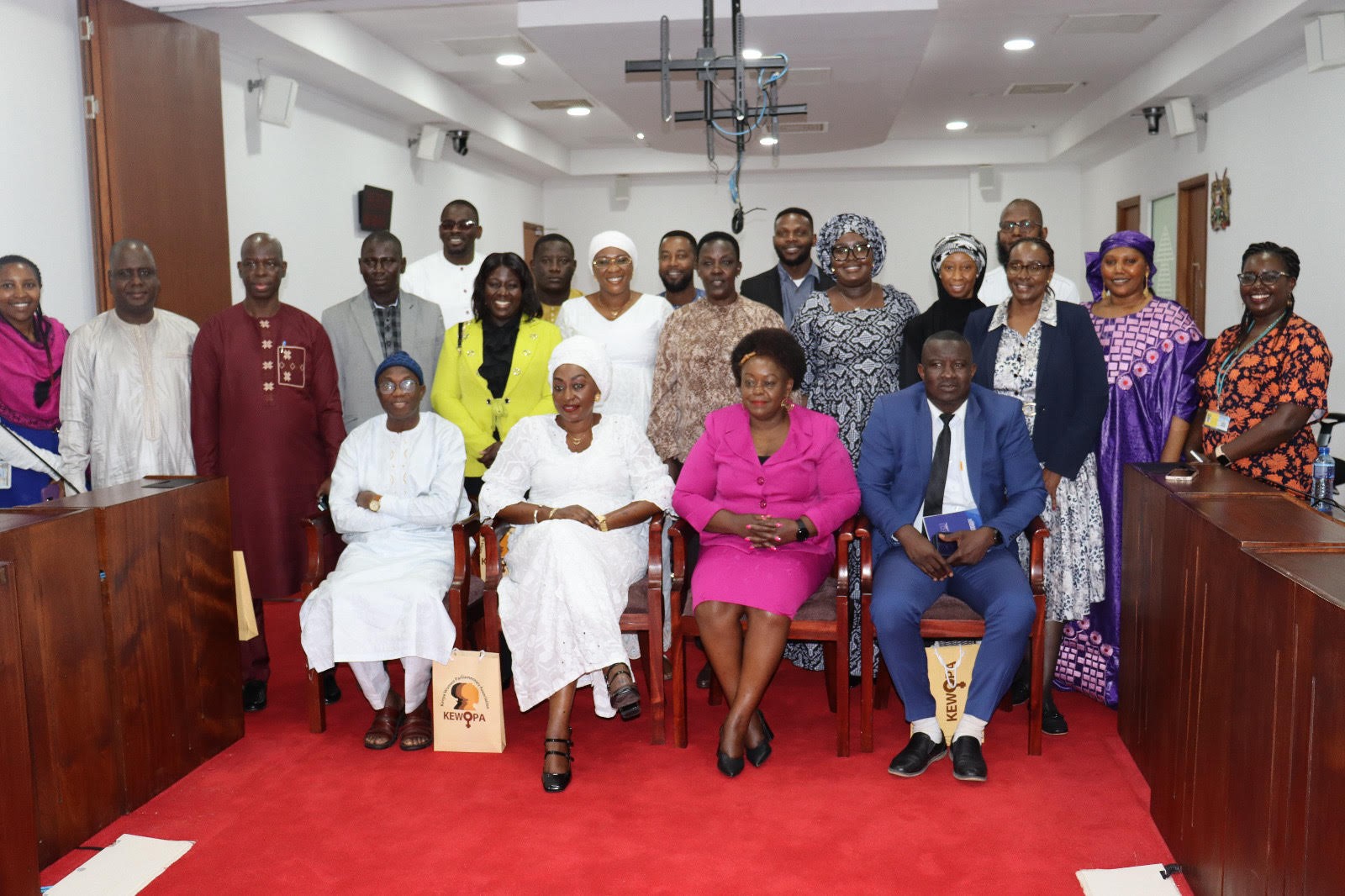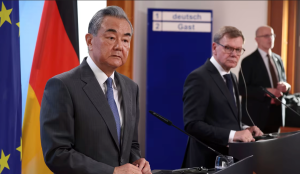Gambiaj.com – Nairobi, Kenya—A five-day study visit to Kenya organized by the European Union (EU) and the International Institute for Democracy and Electoral Assistance (International IDEA) provided Gambian legislators and civil society representatives with an in-depth look at gender-inclusive governance and legislative reform.
The initiative, funded under the EU’s project for consolidating democracy in The Gambia (EU-CODE), was a collaborative effort involving the National Assembly Select Committee on Gender, Children, and Social Welfare and the CSO Gender Platform.
Led by Hon. Fatoumata Njai, Chair of the Gender Committee, the National Assembly delegation included 10 committee members, three support staff, and an additional four lawmakers supported by UNFPA. The CSO Gender Platform delegation, headed by Ms. Mam Ndegen Jobe, featured representatives from organizations such as TANGO and the Network Against Gender-Based Violence (NGBV).
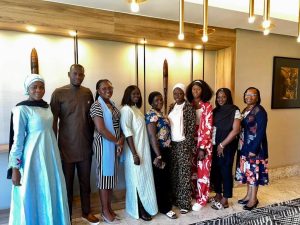
The delegation engaged extensively with Kenyan legislators, government officials, non-governmental organizations, and community-based advocacy groups. Their primary objectives were to examine Kenya’s legal and constitutional frameworks on gender representation, evaluate the contributions of women legislators, and learn from Kenya’s strategies for addressing gender disparities.
Civil society representatives also focused on broadening their understanding of gender issues across cultural, social, and political contexts.
“This study visit highlights the EU’s commitment to gender equality and inclusive governance in The Gambia,” read a statement from the European Union. “Learning from Kenya’s experiences equips delegates with tools to drive meaningful reforms and strengthen democracy at home.”
Discussions during the visit emphasized critical themes such as affirmative action policies, gender-based violence, reproductive rights, advocacy strategies, and community engagement. Kenya’s achievements in increasing women’s representation in parliament and addressing gender disparities were noted as key lessons for The Gambia.
Mrs. Jainaba Faye, Head of International IDEA in The Gambia, underscored the visit’s transformative potential, stating:
“The delegation gained valuable insights into Kenya’s experience with affirmative action regulations that have significantly increased women’s representation in parliament. The delegation also had a deeper understanding of gender-based violence in the Kenyan context as it related to The Gambia, reproductive rights, communications, campaign strategies, advocacy, policy formulation, and community engagement.”
Mrs. Faye expressed optimism that these lessons would empower Gambian legislators to draft effective policies that promote gender representation and protect women and marginalized groups.
The study visit represents a significant milestone in the EU-CODE project’s broader mission to advance gender-inclusive governance and legislative reform in The Gambia. The shared knowledge and experiences are expected to inspire future efforts to address gender disparities and enhance democratic decision-making processes in the country.


